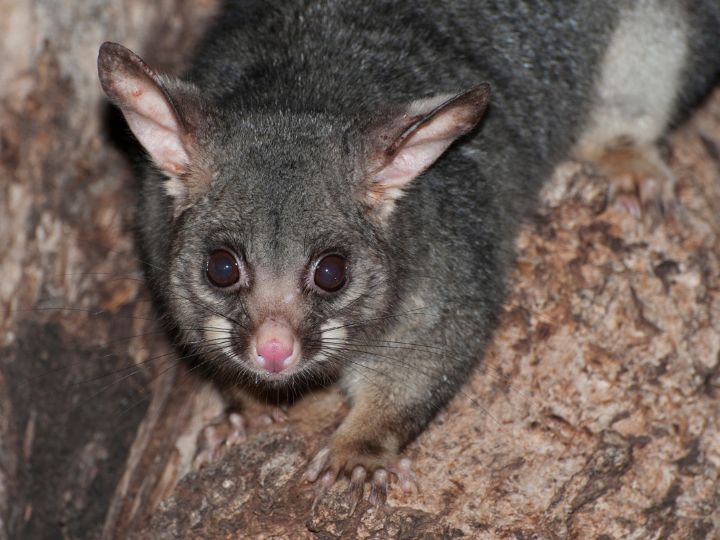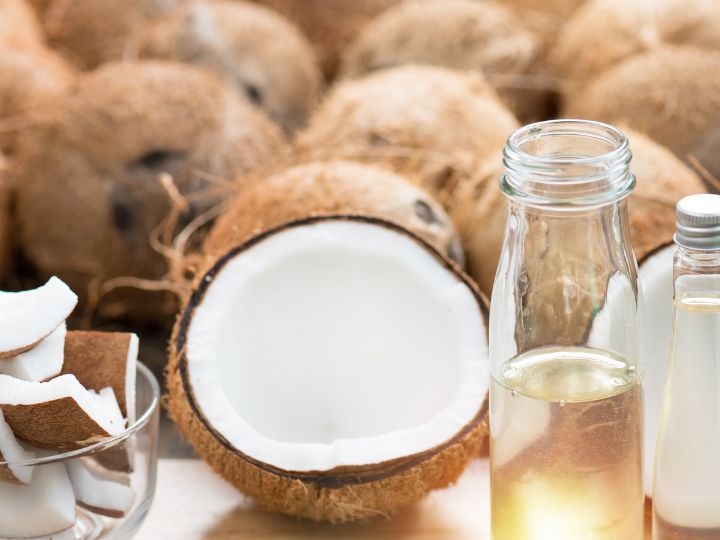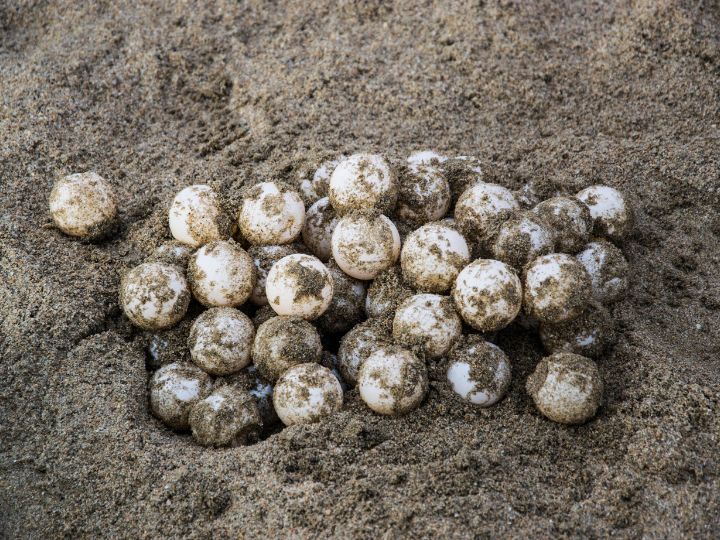In the animal kingdom, there are several creatures that find lemons appealing. From birds and primates to rodents and insects, you might be surprised to learn the diverse range of animals that nibble on this yellow fruit. As we explore these lemon-loving creatures, we’ll also discuss how they interact with lemon trees and the potential impact on fruit yields.
Lemons are a versatile fruit, enjoyed around the world for their tangy flavor and numerous applications in cooking and beverages. While it’s clear that humans enjoy the taste of lemons, have you ever wondered which animals partake in this zesty delight? This article delves into the various species that snack on this tart, citrus fruit.
So, dive into the world of lemons and the animals that enjoy them as we uncover this fascinating intersection between the natural world and citrus fruits.
Overview of Animals That Eat Lemons
Lemons, known for their sour taste, provide essential nutrients like vitamins and minerals. While not all animals can consume lemons, several species do eat them. This section will explore the herbivorous and omnivorous animals that are known to eat lemons.
Herbivorous Animals
Herbivorous animals primarily feed on plant-based diets. The following are some herbivores that eat lemons:
Butterflies: They feed on the nectar of lemon flowers but cannot harm ripe lemons as their proboscis is not strong enough to pierce the skin.
White Cockatoos: These birds enjoy lemons but may require netting or sprays to keep them away from lemon trees.
Possums and Bush Rats: Both species are known to consume lemons.
Remember that herbivorous animals generally don’t harm lemons since they usually consume smaller parts of the tree like flowers or leaves.
Omnivorous Animals
Omnivorous animals have diverse diets that include both plants and other animals. Some omnivores also eat lemons:
Squirrels: These creatures can climb lemon trees and eat the fruits, as their sharp teeth allow them to bite into lemons.
Primates: Chimpanzees and capuchin monkeys have been observed eating lemons in the wild, possibly for hydration or dietary supplementation.
Parrots: Some bird species like parrots enjoy consuming lemons.
Lastly, it is important to note that lemons are not safe for all animals. For instance, citrus fruits, including lemons, should not be fed to mice.
Please consider the above list as a starting point for understanding animals that eat lemons. It is not exhaustive, and there may be more species that consume lemons as part of their diets.
Common Lemon-Eating Animals
Though lemons are not a common dietary staple for many animals due to their sour taste, there are some that have been observed consuming lemons. In this article, we will discuss a few examples, specifically focusing on deer, cows, and sheep.
Deer
Deer are mainly herbivores, so the chances of them eating lemons are relatively low. However, if a deer comes across a lemon tree in its natural habitat, it might be curious to nibble on the fruit. Their primary diet consists of:
- Leaves: They prefer tender, young leaves, which provide essential nutrients.
- Fruits: Deer also enjoy the sweetness of various fruits, so they may try out lemons.
- Twigs and bark: During winter, deer feed on twigs and bark to supplement their diet.
It’s important to note that deer might not consume entire lemons but may take bites out of multiple fruits if they find them appealing.
Cows
Cows are also herbivores, and their diet primarily consists of grass and other plant-based products. There is little evidence to suggest that cows will eat lemons. However, if a lemon were to become mixed up in their feed, they might consume it. The main components of a cow’s diet include:
- Grass: Making up the majority of a cow’s diet, they need grass for proper digestion.
- Silage: A fermented, high-moisture stored feed containing grasses, corn, and legumes.
- Hay: Dry grass, which serves as a cow’s main food source during colder months.
Sheep
Sheep, like deer and cows, are primarily herbivores. They graze on various types of grasses, clovers, and legumes. While it is unlikely that sheep will seek out lemons, they might accidentally consume one if it falls into their feeding area. Sheep’s standard diet encompasses:
- Grasses and forbs: These serve as the primary food sources for sheep.
- Clovers and other legumes: Providing the required nutrients to stay healthy.
- Hay: Making up a significant portion of the sheep’s diet during the winter months.
In conclusion, while some animals might eat a lemon if they come across one (such as birds and rodents), it is uncommon for deer, cows, or sheep to seek out lemons as a primary food source.
Roles of Lemons in Animal Diets
Nutritional Benefits
Lemons provide valuable nutrients to various animals that consume them. A few examples of such animals are:
- Primates: Chimpanzees and capuchin monkeys may eat lemons for hydration or as a supplement to their diets.
- Birds: Some birds, such as parrots, enjoy eating lemons.
- Squirrels: These animals can climb lemon trees and eat lemons, particularly when hungry.
Lemons are high in vitamin C and dietary fiber. These nutrients can contribute to the overall health and well-being of animals that consume them. Moreover, the citrus aroma and flavor can be appealing to certain animals, making lemons an attractive food source.
Potential Dangers
While some animals can safely consume lemons, they may pose potential dangers to others. For instance:
- Dogs and cats: Lemons contain a compound called psoralen, which can be toxic to dogs and cats when ingested in large quantities. The acidic nature of lemons can also cause gastrointestinal issues in pets, making it essential for owners to be cautious about their pets consuming lemons.
- Agricultural pests: Citrus rats and other rodents can damage lemon crops due to their preference for eating fruit. Farmers must often take measures to control these pests and protect their harvests.
Although lemons can provide vital nutrients to some animals, it is crucial for owners and farmers to be aware of the potential risks associated with lemons in the diets of certain animals.
Impact on Lemon Production and Agriculture
Lemons are a valuable fruit, and their production can be impacted by various animals that feed on them. Animals such as butterflies, cockatoos, goats, chickens, woodpeckers, parrots, and squirrels are known to consume lemons or their leaves.
Pest Control Measures
To protect lemon trees and ensure continued production, various pest control measures can be employed. Some of these measures include:
- Physical barriers: Installing fences, bird nets, or tree guards to keep animals away from the trees.
- Natural predators: Introducing natural predators of these animals into lemon groves to keep their populations in check, such as owls for rodent control.
- Traps and repellents: Using traps to catch animals such as squirrels and using citrus-specific animal repellents to deter them from the area.
Sustainable Farming Practices
Adopting sustainable farming practices can help minimize the impact of animals on lemon production while maintaining a healthy ecosystem. Practices that can be implemented include:
- Integrated pest management: Utilizing a combination of biological, cultural, and chemical methods to control pests in a way that minimizes environmental harm.
- Organic farming: Using organic methods to grow lemons, which rely on natural ways to manage pests and promote plant health.
- Crop diversification: Planting various crops alongside lemon trees can help prevent the buildup of pest populations and promote biodiversity.
By employing these methods, lemon farmers can mitigate the impact of animals on their crops while maintaining an environmentally-friendly approach to agriculture.
Frequently Asked Questions
Becky is a fervent wildlife enthusiast and pet care expert with a diploma in canine nutrition. Her love for animals stretches beyond the domestic, embracing the wild tapestry of global fauna. With over a decade of experience in animal welfare, Becky lends her expertise to OutlandishOwl through insightful articles, captivating wildlife information, and invaluable guidance on pet nutrition. Her work embodies a deep commitment to understanding the intricate lives of animals and a passion for educating others on sustaining natural habitats. Becky's hands-on conservation efforts and her knack for translating complex dietary science into practical pet feeding tips make her an indispensable voice for creatures great and small.




